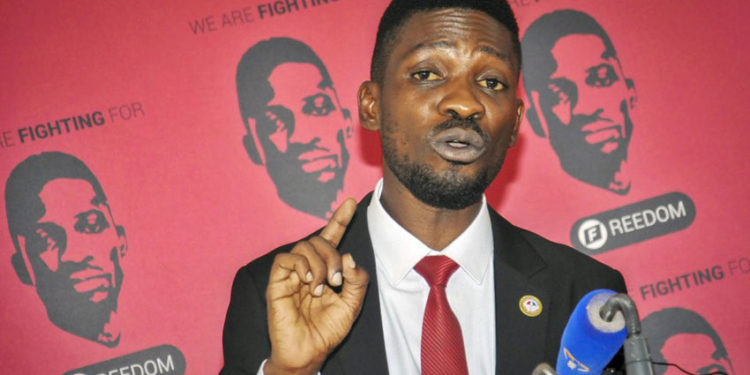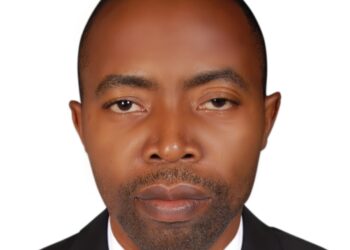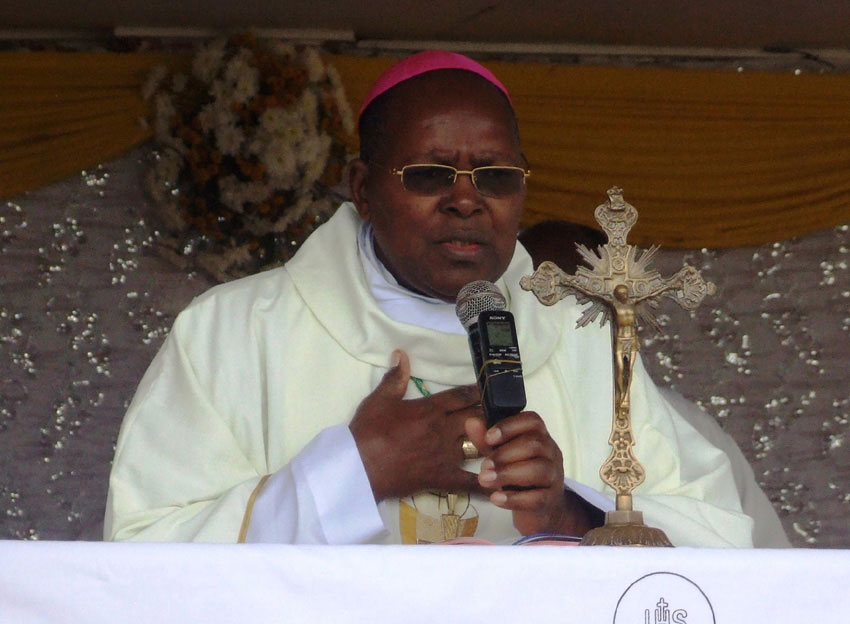In his nomination speech as he declared simple ways of reaching to a destination called ‘a New Uganda’, Presidential Candidate Kyagulanyi Robert Sentamu pledged to increase the salaries of all security officers to Shs1M which would be a prelude for a replication across the civil service.
At the time, a bevy of ideologues and theoretical economists (except for Dr. Fred Muhumuza and a few others) said Kyagulanyi did not know what he was talking about. They underscored his lack of statistics to know how many security forces and civil servants were there and its correlation with the revenue estimates of government.
You know we have theoretical economists and practical economists. Theoretical economists are grounded in grand theories of economic thought and do have a lexicon that is exclusive to them. Practical economists are the everyday members of households and businessmen who use common sense to budget for their homes, lives and businesses. Their data is existential and is more reliable.
In fact, Charles Twine, who speaks for the Criminal Investigation Directorate (CID) ferociously responded to Kyagulanyi’s promise as follows:
“We should stop the rhetorics and the bombastic campaigns to the extent that others have even started promising the incomprehensible things. Members of the Uganda Police, members of Uganda People’s Defence Forces joined willingly, so when you start promising salaries, that is cheap politics. We don’t want to divert our officers. Remember that when you promise, you may come into power after elections, so do you want the police to implement your manifesto?”
In response, Kyagulanyi posted (tweeted) on twitter as follows:
“Our promise to improve the welfare of our security forces is eliciting uncalled for threats from regime operatives. I actually meant every word I said. As soon as we have state power, we shall substantially raise the salaries of the Police, Military and prison officers”.
Subsequently, Dr. Fred Muhumuza, a middle of the road economist from Makerere University argued in Kyagulanyi’s favor that indeed if government managed corruption, he could comfortably meet this pledge.
“We all know that there is a lot of corruption in our system. If anybody dealt with this corruption, you will get money to deal with this promise,” Muhumuza said.
But another thing that Kyagulanyi tossed around on the campaign trail was the bloated government. Pointing out that a lot of resources were going to maintain offices that were probably better off trimmed and this could support his agenda of improving the welfare of civil servants he was again met with a barrage of ideologues scoffing at his proposals.
What emerges after the election?
On February 24, it was revealed through the press that Cabinet had passed a resolution to merge at least 180 government authorities, agencies, commissions and units (probably including cabinet ministries) to streamline the costs of running government (see Nassuna, 2021 in the Daily Monitor of February 24, 2021). It was assumed that if government followed through on this proposal (which it had shelved a few years ago), the salary bill for public service would save at least UShs 988 billion.
Today if you read the Sunday Vision, the front-page headline also reads that government is planning to set a minimum or rather living wage for public servants to 1M.
Kyagulanyi should be thanked for getting government to act on both fronts and government should be applauded for paying attention to criticism. I hope the implementation of these two ideas gets to reality.
These are some of the reasons why electoral competition is necessary.
Do you have a story in your community or an opinion to share with us: Email us at editorial@watchdoguganda.com













